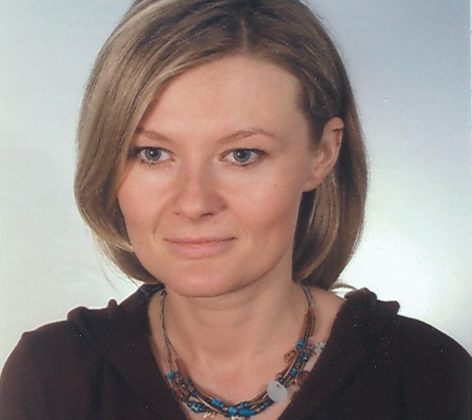Agnieszka Golec, born in Crakow, Poland, in 1970. Ph.D. from the Institute of Psychology, Polish Academy of Sciences, Warsaw. Assistant Professor at the Warsaw School of Social Psychology and at the Institute of Psychology, Polish Academy of Sciences, Warsaw.
Visiting Grant Scholar (1 September 2004 – 30 November 2004)
NATIONALISM AND PATRIOTISM: ORIGINS AND CONSEQUENCES FOR INTER-GROUP ATTITUDES.
My three-month stay at NIAS made it possible to (i) complete a research project concerning cognitive-motivational predictors of preference for coercive strategies of conflict resolution and (ii) develop a new research project investigating sources of differential inter-group consequences of two national attitudes – patriotism and nationalism. The first project gave rise to two papers: one presenting results of the last series of studies and the other summarising results of the whole three years of research work.
With respect to the second project, I analysed preliminary data from two pilot studies. I co-authored a paper showing that nationalism is related to fears of European integration and rejection of the European identity and wrote a paper discussing cognitive functioning of nationalist (motivated closed mindedness in complex situations) and patriots (tolerance of ambiguity and prolonged information processing in complex situations). Additionally, I designed three series of studies aiming at defining situations in which the inter-group effects of nationalism and patriotism are different and when they are similar. The answer to such a question may lead us to an answer to a more profound and important one: what is the source of differences between these national attitudes?
My future plan is to look at differences of attachment styles, information processing and self-concepts as sources of different national attitudes. I also plan to investigate inter-group effects of nationalism and patriotism when the groups in conflict are unequal in power and that difference is perceived as legitimate or illegitimate and in situations of threat to the group and to the self.
During my stay in NIAS, I was also able to collect material for further analysis related to another project I am working on – interpreting terrorism as a tactic in escalating inter-group conflict that can be understood and possibly managed within its dynamics.
